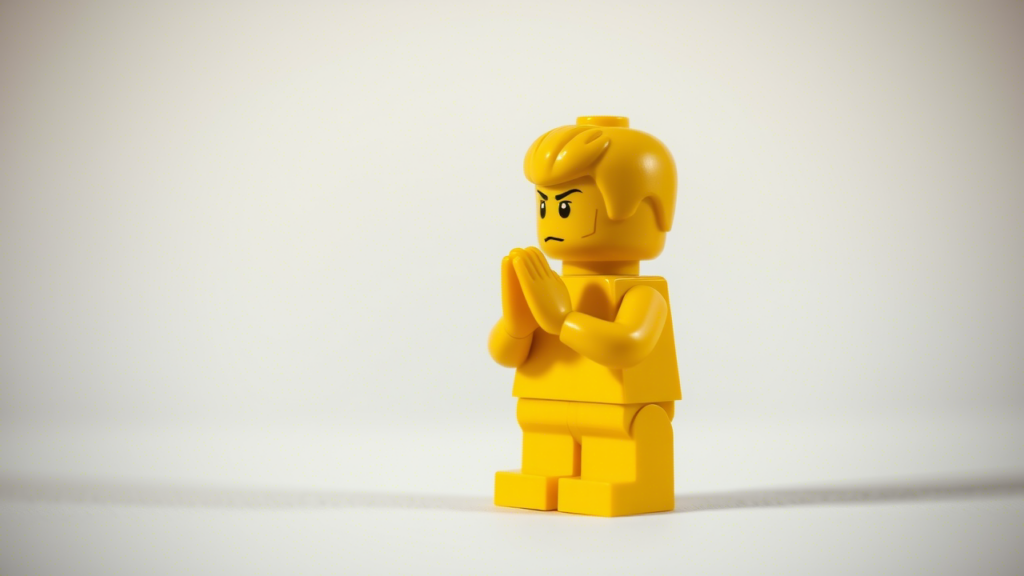Social Friendship
Episode 4: The Cultural Battle

Chapter 4 could be titled “The Cultural Battle,” “Social Friendship,” or “Civil Charity.” Faith is a personal relationship with Christ, worldview, and morality. As these two dimensions of faith mature and are lived, they give rise to a culture of Christian inspiration, characterized by principles of behavior, artistic works, customs, and traditions. When this culture shapes the social, economic, and military organization of a community, a civilization of Christian inspiration emerges.
In Spain, for example, the civil calendar was adapted to the liturgical one, the regulation of marriage was religious, and state, military, and school acts often included religious rites. Life was considered unavailable from conception to natural death, and many social, educational, and health works were promoted by religious institutions. This Western medieval order is known as Christendom.
Saint John Paul II affirmed that a faith that does not become culture is a faith that is not fully accepted, not fully thought out and not faithfully lived. However, the withering away of faith, driven by waves of secularization, has caused its progressive erosion. This process can be divided into three stages:
- Popular disbelief: Abandonment of the sacraments, the transformation of religious festivals into consumerist celebrations, and an increase in marital breakups.
- Social engineering of militant secularism: International and state organizations have promoted the deconstruction of the Christian social order, promoting divorce, abortion, gay marriage and euthanasia.
- Cancellation culture: Subjective rights have been elevated to legal rights, preventing the expression of contrary opinions because they are considered intolerant.
This induced and totalitarian character of secularism has generated among Christians the debate on the relevance of fighting the cultural battle. The answer is yes, since faith and culture are intrinsically related as cause and effect. However, it is crucial to define the distinctive characteristics of this battle: social friendship and civil charity.
Social Friendship and Civil Charity
Charity, understood as the universal love of Jesus Christ, distinguishes the Christian. This love does not arise from sympathy or affinity, but from a double love for truth and neighbor. The Christian does not fight against people, but against ignorance and error. Those who think differently, whether they are atheists, agnostics or members of other religions, are not enemies. The Christian hates sin, but loves the sinner.
This civil charity seeks the common good at a given time and place. Faith that becomes culture is proposed, not imposed. The Christian contributes to the democratic process with the force of truth, using the argumentative rationality recognized in the public forum. As Benedict XVI wrote, freedom demands that each generation have a new beginning in the search for right arrangements for human realities.
Dialogue and Dialogic Confrontation
Instead of dialectical confrontation, civil charity proposes dialogue. This requires listening to and understanding the reasons of the other, striving to be understood and reaching agreements for the common good. Dialogue does not end with a winner and a loser, but with two people defeated by the truth.
Pope Francis emphasizes that Christianity does not have a single cultural mode. Remaining faithful to the Gospel, it bears the face of the cultures and peoples in which it has been welcomed. This pluriformity reflects the genuine catholicity of the Church.
Every Christian is called to exercise this social friendship and civil charity according to his circumstances. The cleric preaches, while the layman inculturates his faith in politics, family, friends or his professional sphere. Evangelization is not just a task, but a way of being. In the next chapter, we will explore the personal qualities that make evangelization move from doing to being.
This miniseries consists of five chapters:
- History: the long march towards secularism
- Secularism: the 3 waves of the last century
- Relativism is religion
- The cultural battle
- The individual and the whole
Related

Overcoming Emotional Dependence: A Guide with Psychologist Mónica Caballero
Proyecto Ánima
28 March, 2025
2 min

Addictions and Sexuality
José Miguel Ponce
28 March, 2025
2 min

The Chosen: A Series That Wins Hearts in Its Own Language
Mar Dorrio
27 March, 2025
4 min

Being a Christian of One Piece: Integrity and Coherence in the Life of Faith
Patricia Jiménez Ramírez
26 March, 2025
2 min
 (EN)
(EN)
 (ES)
(ES)
 (IT)
(IT)

